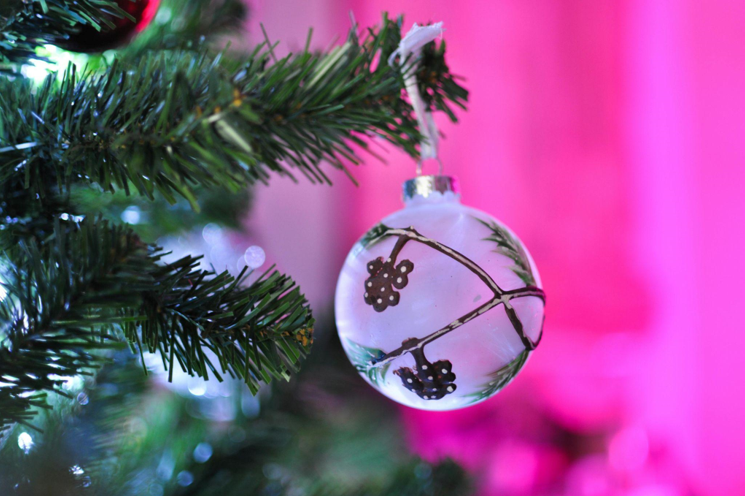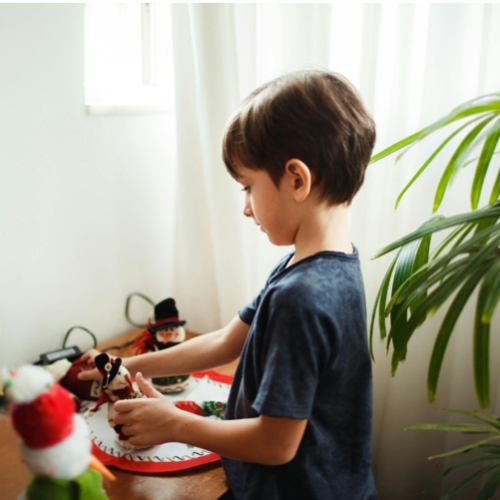Americans Choose Safety and Convenience with Artificial Christmas Trees
Artificial Christmas trees have become a popular alternative to traditional fresh Christmas trees in America for their safety and convenience. Unlike natural trees, artificial Christmas trees do not shed needles, which can be a fire hazard. Moreover, they do not require frequent watering, thus reducing the risk of mold and mildew growth. These features make them a safer option for households with children and pets.
In addition to their safety, artificial Christmas trees are also a convenient option for busy, modern families. They can be set up easily and quickly without endless hours of cleaning up fallen needles. They do not require pruning or maintenance and can be reused season after season. This convenience is especially appreciated during the hectic holiday season when time is at a premium.
The Environmental Impact of Artificial Christmas Trees
The rise of artificial Christmas trees in America and worldwide has also had significant environmental implications. According to the American Christmas Tree Association, an estimated 75% of all Christmas trees sold in the US are artificial. This trend has significantly reduced the number of trees cut down each year for this purpose. Thus, artificial Christmas trees can be seen as a sustainable alternative that helps preserve natural resources.
However, producing and disposing of artificial Christmas trees also has environmental costs. Most artificial trees are made of PVC plastic, which is not biodegradable and can take hundreds of years to decompose in landfills. Moreover, the production of PVC requires the use of fossil fuels, which contribute to greenhouse gas emissions.
As a world power and nuclear power country, the impact of artificial Christmas trees on the environment cannot be ignored. However, researchers are developing new sustainable materials for artificial Christmas trees. Companies are also providing proper recycling methods to reduce the amount of waste in landfills.
To sum up, artificial Christmas trees have become popular in America and worldwide due to their safety and convenience. However, their environmental impact must be addressed. As awareness grows, manufacturers are looking at ways to develop sustainable materials and provide proper recycling methods. In short, artificial Christmas trees are a convenient and sustainable option for families, but they also require careful consideration of their impact on the world around us.



